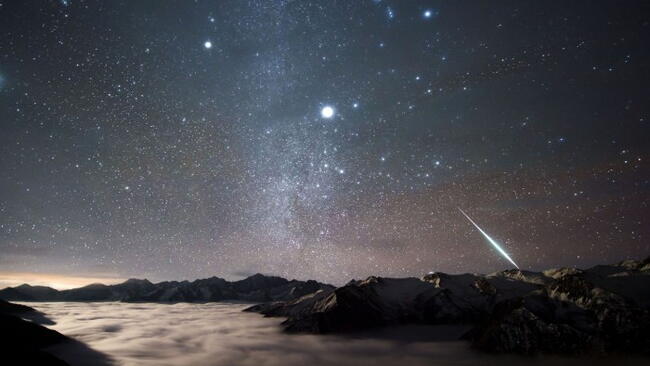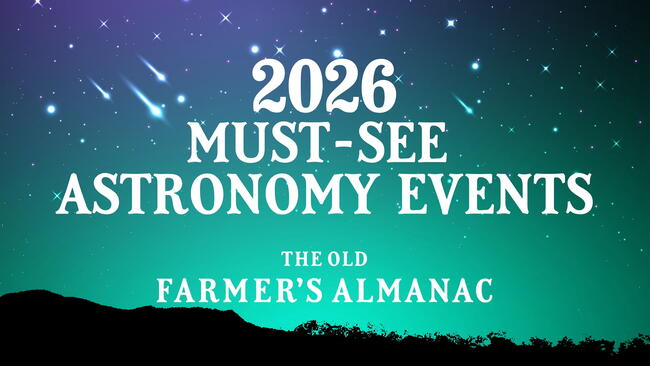
Caption
The eclipsed Sun reveals details in its corona, as seen by the author at the 2006 totality near the Egypt-Libya border.
Photo Credit
Fred Espenak
Subhead
Don't miss this. Take the day off.
More Like This
Though the solar eclipse will not reach totality here in Connecticut, it will still be an incredible sight with about 90 to 95 percent of the sun covered by the moon. The eclipse will begin at 2:13 p.m. with the peak happening just before 3:30 p.m.~
Why doesn't this article clearly state what the area of totality will be for this eclipse?
why doesn't the article state the time of the Solar/Lunar Eclipse?









Comments